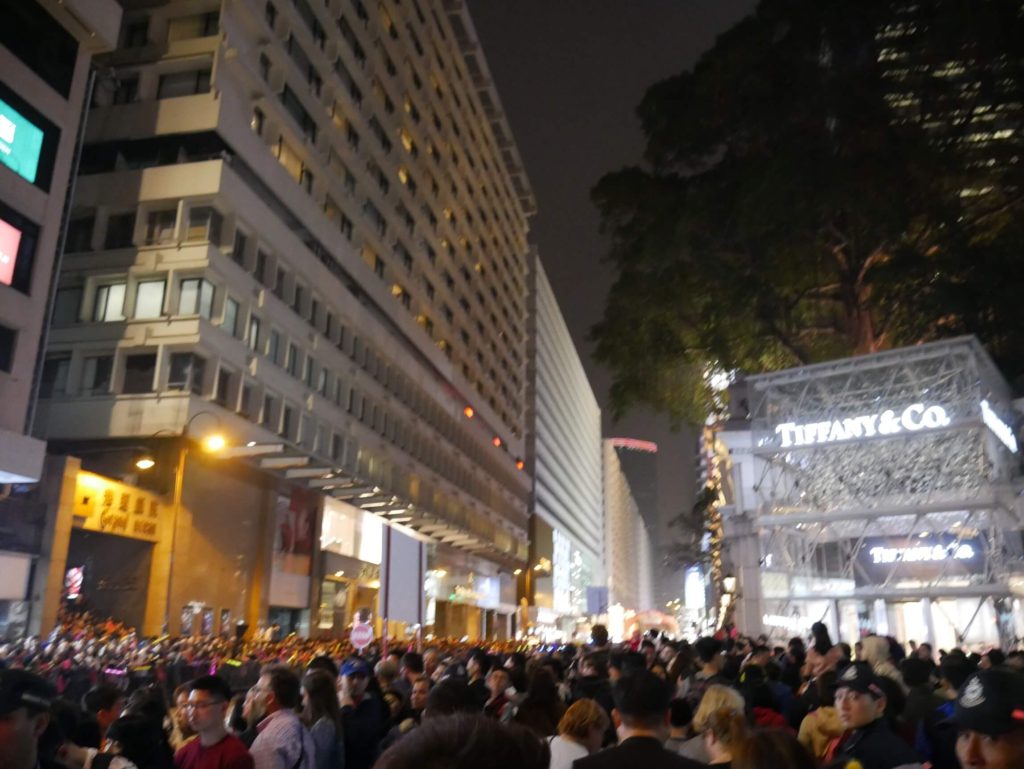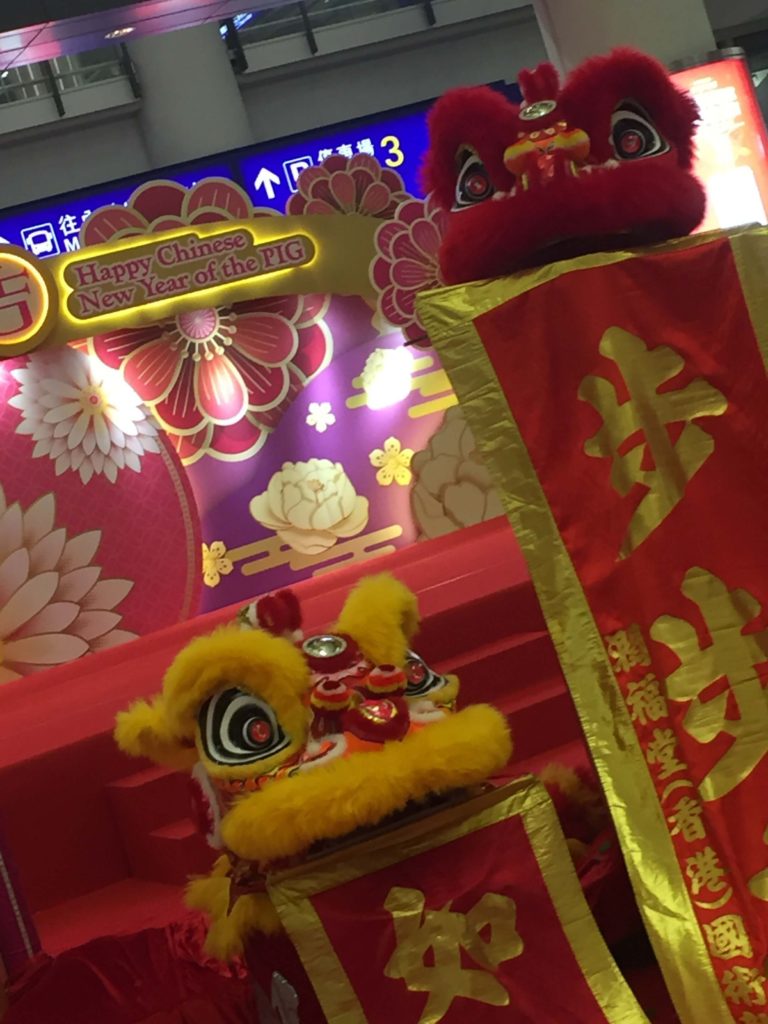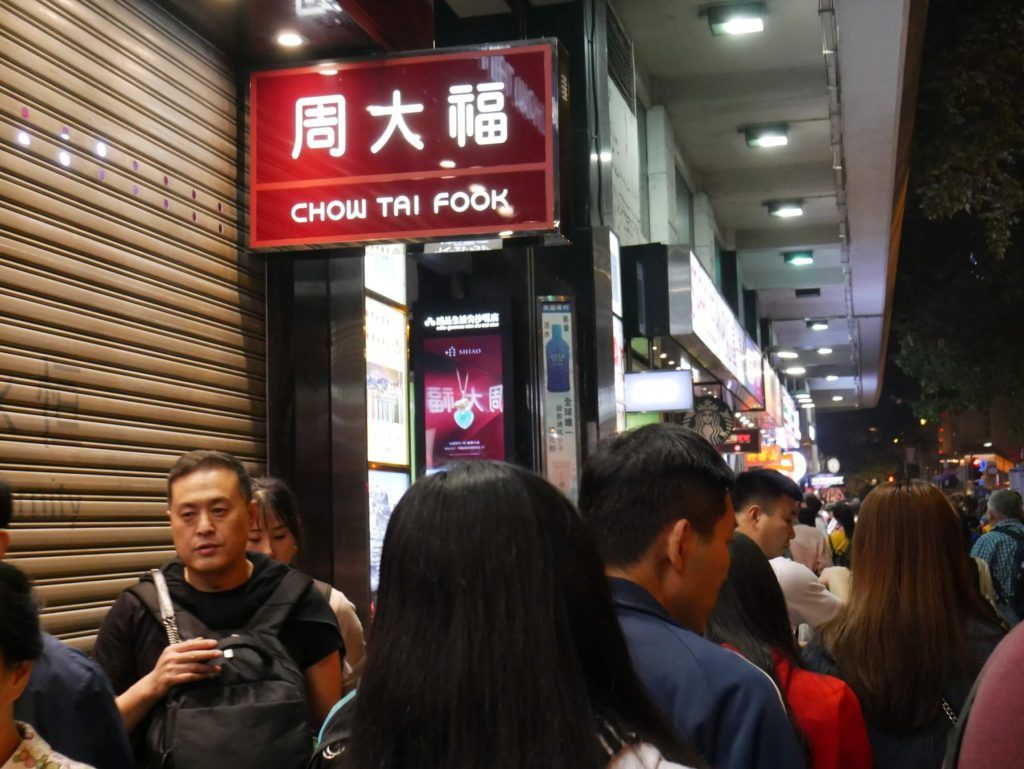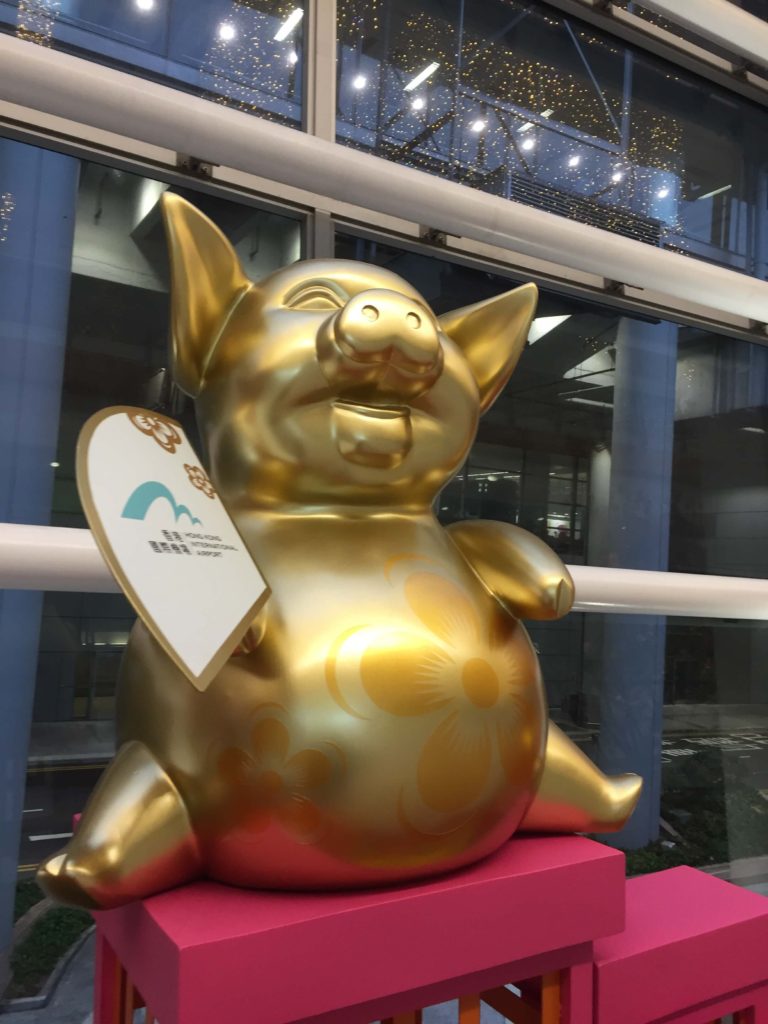One of the world’s great cities, a banking capital once representing the greatest shining beacon of free-market capitalistic enterprise, a place of global commerce and trade, where east and west have blended for a century, Hong Kong’s story is as complex as it is legendary. However, with the changing tide of politics from mainland China engulfing the autonomous city in a far more controlling grip than most believed could ever be possible, especially this soon after the 1997 withdrawal of the former British Empire from their shores, it has become more and more a very pressing question – is it still ok to live and work in Hong Kong?
Unfortunately, the answer is indeed a no. With the current political situation only seeming to get worse by the day, and arrests of both prominent figures and smaller dissidents now becoming far more frequent, Hong Kong’s overall freedoms have taken a massive hit, as well as the city’s overall sense of personal safety.
Due to police brutality, a complete shutdown of human rights and the press, as well as a much more heavy-handed governmental approach on all aspects of life in Hong Kong, it is no longer recommended for expats to consider moving to the city, until a greater sense of calm and freedom is restored.
The Calm Before the Storm
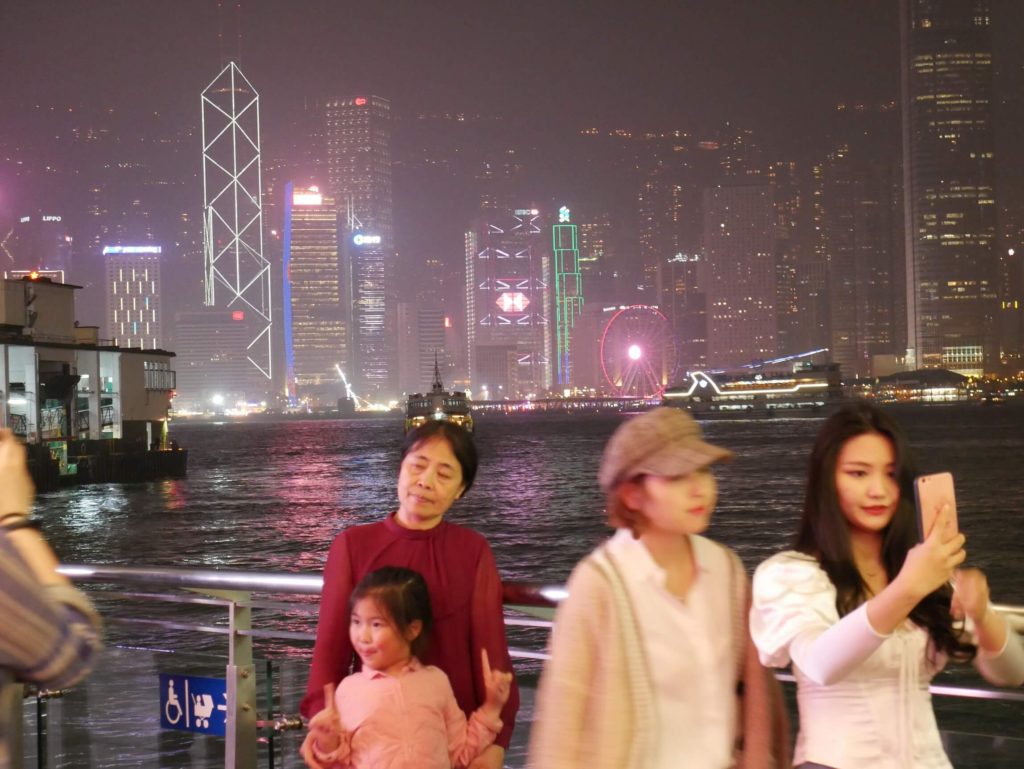
I first came to Hong Kong at beginning of 2019 – Chinese New Year Day, in fact, as the city was about to ring in the new Year of the Boar. Yet did we all know that it wouldn’t be long after that day that the city that we once all knew and loved would soon find itself embroiled in protests, crackdowns, and restrictive measures, like none we had ever seen in Hong Kong before.
Although by the time I arrived in Hong Kong, the city had been at that point already firmly in the grip of Mainland Chinese control as its Special Administrative Region, autonomy of its policies towards economic liberties, and personal freedoms of the press and speech were still very much a core part of the identity of the city.
But as the crowds of people swarmed in unison around me, ringing in the new year, despite the beauty of the celebrations, something felt off even then – an uneasiness in the air, as if it we were all taking our last breaths of freedom, in a city that for so many years had stood as a symbol to that very virtue.
The Tempest Rising
That feeling gave way to reality soon afterwards, and less than a month after I left Hong Kong, in March of that year, the protests began against the Hong Kong government’s Anti-Extradition Law Amendment Bill Movement, and the rest they say, is now history – albeit a sad one at that.
In the years that have since followed, the slow but sure chipping away of Hong Kong’s freedoms have well and truly come into effect, with the recent arrest and conviction on trumped up charges of Jimmy Lai, an prominent local entrepreneur and owner of the newspaper Apple Daily, is just the latest in a long line of people now paying the price for standing for their rights, which are all but gone at this point.
As a response to the CCP’s incursion into the city through policy, corruption, and force, western governments like the United States have taken away Hong Kong’s special trading status, essentially placing it with the same kind of restrictions and regulations that mainland China receives. However, this has done nothing to sway the Chinese response to protests in the city, but it has served to make business harder than usual for everyone still living and working in a once proud city, brought to its knees by its communist overlords.
The Aftermath of The Red Wave
At this point, it’s hard to see how Hong Kong reverts back to the norms that made it one of the world’s great cities, as well as a major player in the worlds of international trade, business, banking, and commerce. With its Chinese overlords shirking the agreements they made with the British handover in 1997 to keep the city’s freedoms and policies of Hong Kong Basic Law for 50 years, or until 2047, things are not looking good for the future of the SAR.
As China increasingly uses a heavy-handed approach in Hong Kong, it is becoming apparent that the city is now looking more and more like it will be integrated into the Chinese mainland in due course, becoming just another city in the country along with Shanghai, Beijing, and Guangzhou, to name a few.
The good old days of Hong Kong are well and truly over, and with the exodus of many of the cities residents and citizens to nations like the U.K and Australia, which have even offered passports and limited aid to fleeing dissidents, it doesn’t look like those days will ever be coming back.
Is it still OK to Live in Work in Hong Kong?
For the prospective expat looking to live and work in Southeast and East Asia, Hong Kong used to be a great place to live, explore, and do business in. However this is no longer the case, and it is with great sadness and displeasure that I have to heartily recommend not living and working in Hong Kong either now, or for the foreseeable future, unless a drastic turnaround of the cities policies begins to take hold.
That said, if you were thinking of working and living in China beforehand, then Hong Kong may still hold some appeal – however, with instability still being centered inside the SAR, you would still be better suited at this point to still take a job and live in the mainland part of the country, instead of taking your chances in this red-hot area of political squabbles and insurrection.
However, not all hope is lost for expats looking to move to region, as their are plenty of great alternatives to Hong Kong which look like much better prospects for livability, business opportunity, and work-life balance than the formerly great city can now offer.
These alternatives include places like Singapore, Taiwan, Japan, and South Korea – although perhaps the best potential place to consider of all would be our personal favorite of Malaysia, which we have written in depth articles on how it might just be the best country on Earth, as well as placed it within our top 5 countries list to move to in all of Southeast Asia!
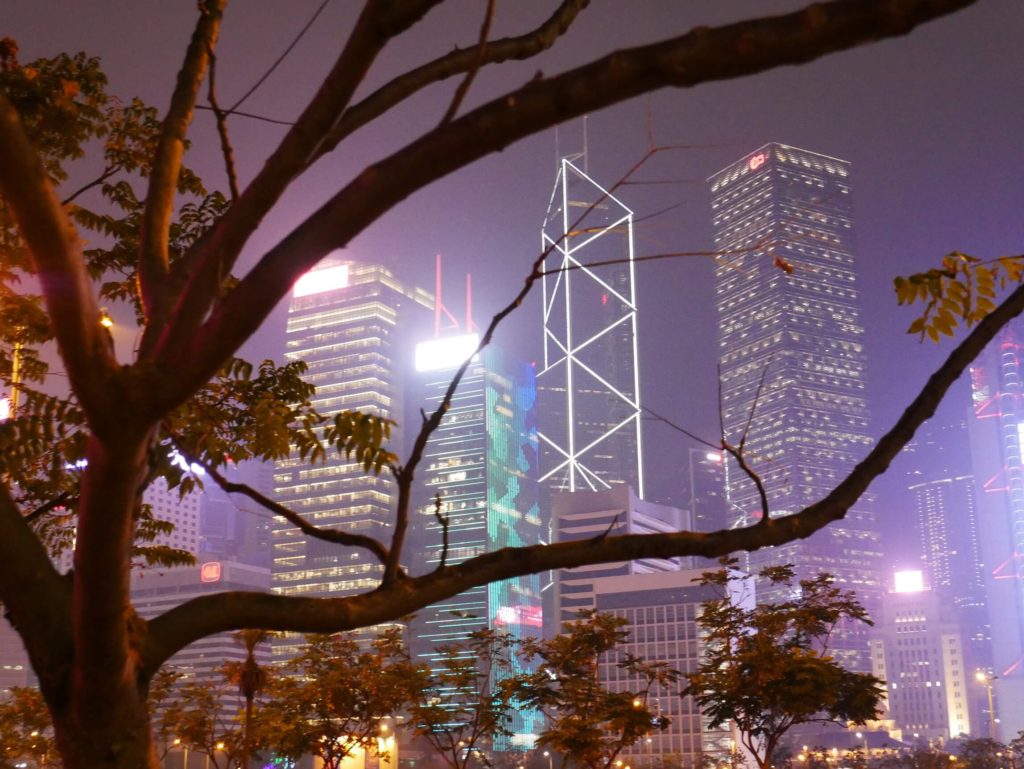
Destination: Hong Kong, A Once Promising Land, Now But A Memory
The SAR has always held a very close place in my heart from my very earliest years, as members of my family once lived and worked there during the days prior to the British handover, and always waxed poetic about the vivid beauty of Hong Kong – stories which certainly helped inspire my first excursions to travel and explore the world, as well as my own adventure to Hong Kong many years later.
I will never forget the feeling of wonder and excitement I felt first stepping into the proud city, with an even prouder people. But I will also never forget the feeling of underlying fear and anxiety that I felt intermingled within the city itself, as if Hong Kong had already had a premonition of what was about to befall it, and cause its inevitable decline.
Sadly, the days of Hong Kong’s glorious past have come and gone with the setting of the sun, like the British Empire before it, however Southeast Asia will continue to boom in the coming century before us, and despite what the communist party of China may try to do inside the SAR, the undying spirit of the people of Hong Kong will live on and on, as a reminder of a time when freedom once rang true in one of the most beautiful, tragic cities on Earth.
What are your experiences living and working in Hong Kong? How have the protests and crackdowns affected you, your friends, and family? Let us know in the comments section below – we’d love to hear from you!



